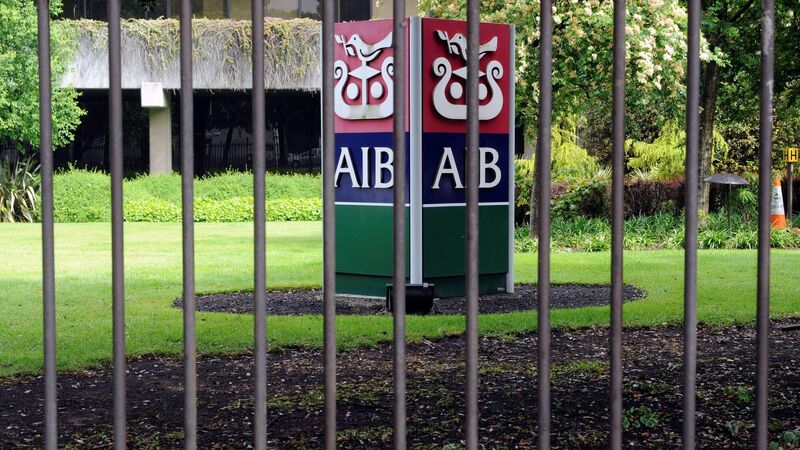Jim Power: We have a two-and-a-bit banking market that is harming customers

AIB last week published bumper results of over €2bn in net profits, which the chief executive described as the best financial performance in the bank’s history.
The collapse of the Irish banking system over a decade ago will live long in the memory of Irish people, as well as in the minds of the European Commission and the IMF. The State, or more precisely, the Irish taxpayer had to step in to rescue the financial system.
Thankfully, the banking system recovered, but the shape and nature of Irish banking changed dramatically, and not in a positive way. Customer service is bad and competition is not a feature of the market.












